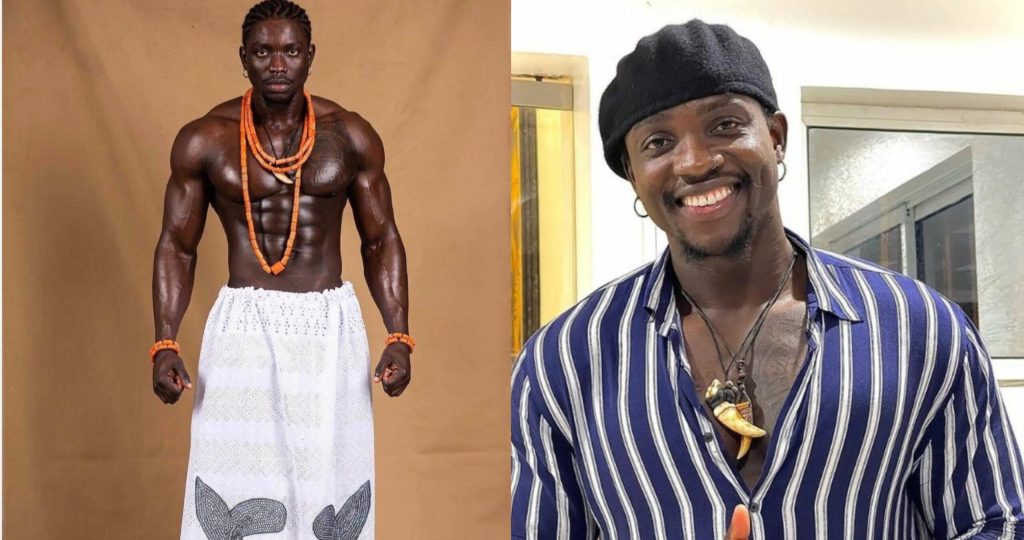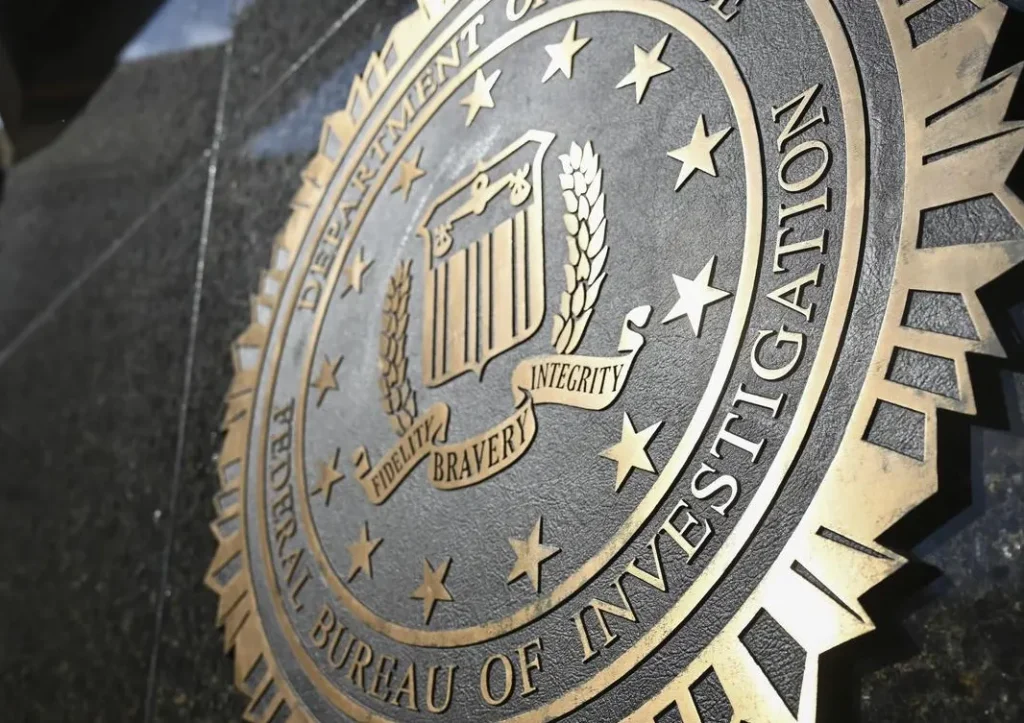Court: Verydarkman N2m bail

Social media critic and content creator Martins Otse, popularly known as VeryDarkMan, has been granted bail in the sum of N2 million, following his arraignment for impersonation on Friday.
In addition to the bail, the court ordered Otse to deposit his international passport and any other means of identification.
The court case comes on the heels of a viral video in which Otse was seen wearing a police uniform, leading to his arraignment for impersonation by the Nigerian Police Force.
The Police had publicly condemned Otse’s unauthorized use of their official uniform in the video, leading to the investigation and eventual arraignment.
Despite the ongoing legal proceedings, Otse has maintained a strong online presence, with a significant following on social media platforms.
While the implications of the impersonation charges remain to be seen, the case highlights the importance of adhering to established protocols and regulations when creating and sharing content online.
Beyond the legal ramifications of his actions, Otse’s case underscores the broader impact of social media on society and the need for responsible content creation.
In an era where social media has become a primary source of news and information, it is essential for influencers and content creators to consider the potential consequences of their actions and to prioritize accuracy and integrity in their work.
Furthermore, the incident serves as a reminder of the importance of using critical thinking skills when consuming online content, particularly when it comes to evaluating the authenticity and credibility of the sources.
This incident also highlights the growing influence of social media in shaping public discourse and opinion. As more people turn to online platforms for news and entertainment, it becomes increasingly important for these spaces to be guided by principles of truth, fairness, and accountability.
While social media can serve as a powerful tool for self-expression and connection, it also comes with a responsibility to use this platform ethically and with caution.
Moving forward, we must strive to create a social media landscape that prioritizes accuracy, empathy, and respect, while continuing to hold ourselves and others accountable for the content we create and consume.
Furthermore, this case serves as a wake-up call for policymakers and regulators to address the complex issues surrounding social media and online content moderation.
While the responsibility for responsible social media usage lies with both creators and consumers, platforms and regulators must also play a role in promoting ethical behavior and curbing harmful content.
As we navigate the increasingly complex digital landscape, we must engage in thoughtful and constructive dialogue to find solutions that promote free expression while also ensuring accountability and safety for all users.






